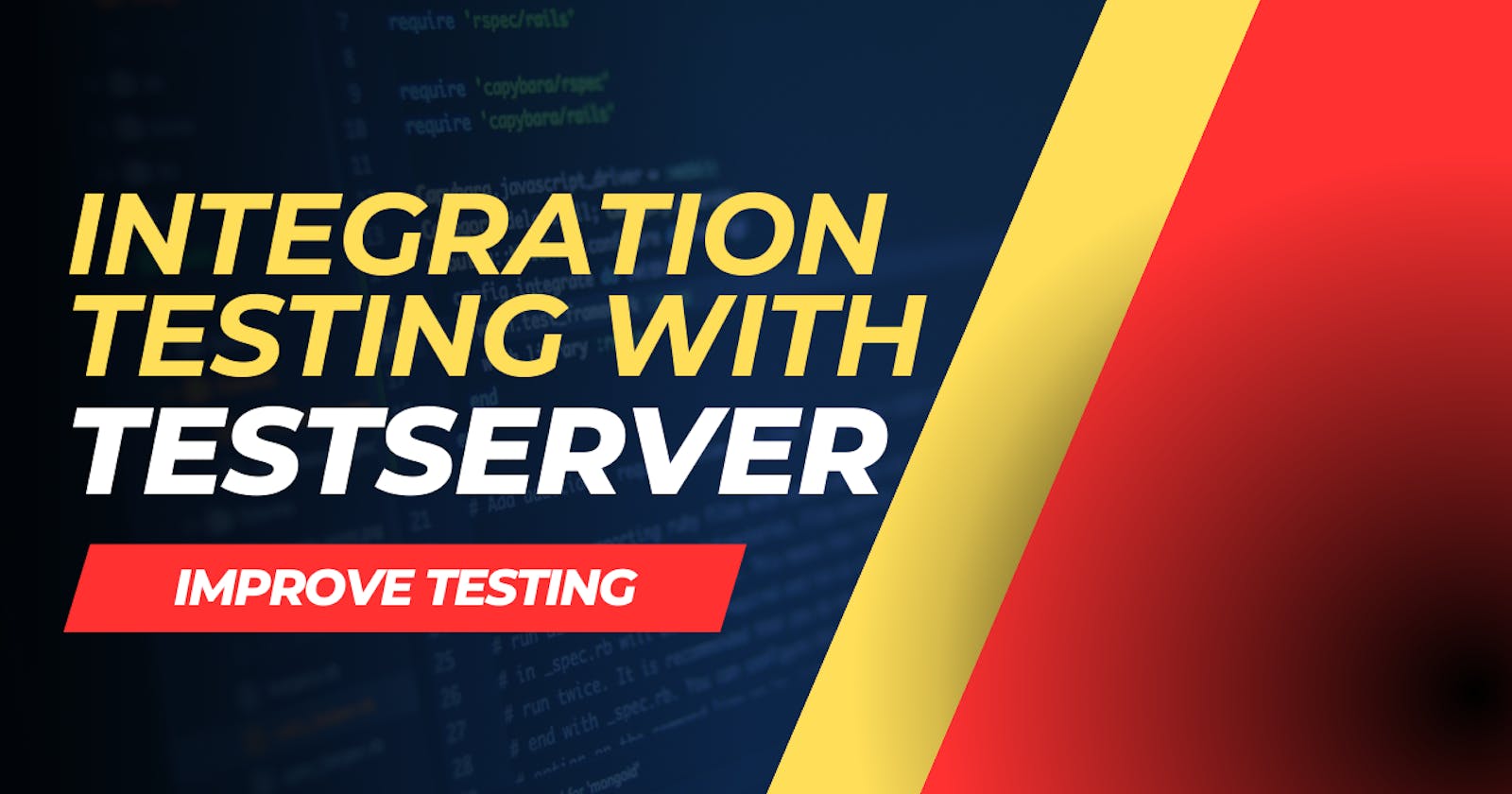Integration testing plays a crucial role in ensuring the reliability and functionality of ASP.NET Core applications. However, setting up and executing integration tests can be complex and time-consuming. In this blog post, we'll explore how to streamline integration testing in ASP.NET Core using TestServer, a powerful tool provided by the Microsoft.AspNetCore.TestHost package.
Understanding TestServer: TestServer is a lightweight web server provided by ASP.NET Core for hosting and executing integration tests in a controlled environment. It allows you to simulate HTTP requests and responses against your ASP.NET Core application without the need for an external server or network connection.
How Does it Work? TestServer creates an in-memory representation of your ASP.NET Core application, allowing you to interact with it programmatically in your tests. It provides a realistic testing environment by bootstrapping your application with the same configurations, middleware, and dependencies as in a production environment.
Implementing TestServer in ASP.NET Core: Let's dive into how to implement TestServer for integration testing in your ASP.NET Core application:
Install Required Packages: Start by installing the Microsoft.AspNetCore.TestHost package into your test project using the NuGet Package Manager:
Install-Package Microsoft.AspNetCore.TestHostWrite Integration Tests: Create integration test classes using xUnit, NUnit, or MSTest frameworks. Within your test methods, initialize TestServer and create an HttpClient to send HTTP requests to your application.
public class IntegrationTests { private readonly TestServer _server; private readonly HttpClient _client; public IntegrationTests() { _server = new TestServer(new WebHostBuilder().UseStartup<Startup>()); _client = _server.CreateClient(); } [Fact] public async Task Get_EndpointsReturnSuccessAndCorrectContentType() { // Arrange var request = new HttpRequestMessage(HttpMethod.Get, "/api/values"); // Act var response = await _client.SendAsync(request); // Assert response.EnsureSuccessStatusCode(); Assert.Equal("application/json; charset=utf-8", response.Content.Headers.ContentType.ToString()); } }Execute Integration Tests: Run your integration tests using your preferred test runner (e.g., Visual Studio Test Explorer, dotnet test command). TestServer will host your ASP.NET Core application internally, allowing your tests to interact with it seamlessly.
Benefits of TestServer:
Isolated Testing: TestServer provides an isolated environment for integration testing, ensuring that tests do not affect the production environment.
Fast Execution: Since TestServer runs tests internally, integration tests execute faster compared to tests that rely on external servers.
Realistic Environment: TestServer simulates the behaviour of a real web server, allowing you to test your application's interactions with middleware, routing, and dependencies.
Conclusion: TestServer is a valuable tool for streamlining integration testing in ASP.NET Core applications. By providing a lightweight and realistic testing environment, TestServer enables developers to write efficient and reliable integration tests without the overhead of external servers.
Incorporating TestServer into your integration testing workflow empowers you to catch bugs early, ensure consistent behavior, and deliver high-quality ASP.NET Core applications to your users. So why not leverage the power of TestServer in your next integration testing effort? Happy testing!

